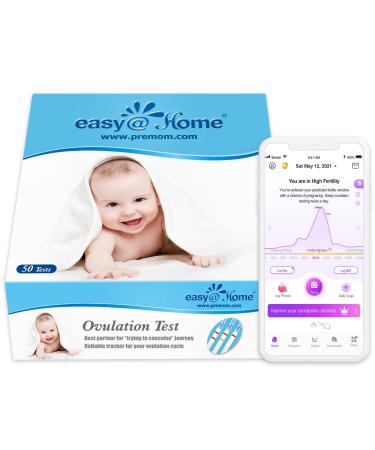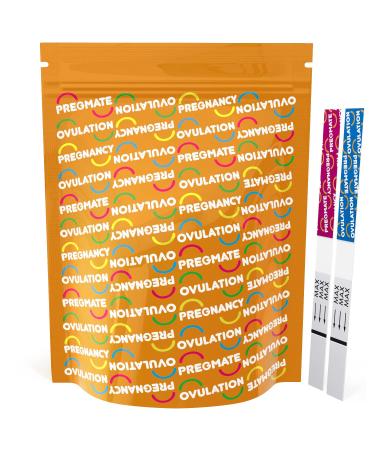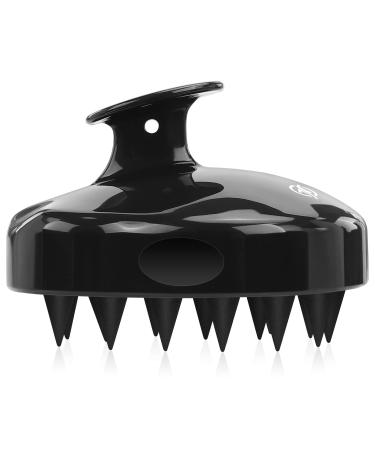1. How does the Accu-Clear Ovulation Test workLuteinizing hormone (LH) periodically changes during a woman's menstrual cycle. Accu-Clear Ovulation Test works by detecting the increase (surge) in LH in your urine. The LH surge occurs approximately 24-36 hours prior to the release of an egg from your ovary – a process known as ovulation. You are at your most fertile on the day your LH surge is detected and the day after.
2. When can I test with Accu-Clear Ovulation TestBefore you start testing work out the length of your menstrual cycle. This is the number of days from the first day of menstrual bleeding to the day before the next bleeding begins. If the length of your cycle each month only differs by a few days, then simply take the average number of days in the last 3 months. If your cycle is more irregular, you may want to use your shortest cycle length when reading the chart. Using the length of your cycle refer to the 'WHEN TO START CHART' in the product insert to work out when to start testing.
3. Can any medication or medical conditions affect the result(a) Your result may be affected during or after: pregnancy, the onset of menopause, the use of birth control pills (b) Medication containing hCG or LH may affect the result and should not be taken while using this ovulation test.
4. I am currently using the basal body temperature method (BBT). Does this test replace BBTThe rise in basal body temperature indicates that ovulation has already occurred. This test indicates that ovulation is about to occur so you can have sex to maximize your chances of getting pregnant.
5. How long should I continue to testAt least 5 days or until the LH surge has been detected.
6. Do I need to use all the testsNo. You can stop testing when you see a positive result and have detected your LH surge. Save the remaining tests to use in your next cycle if necessary.
Refer to instruction leaflet for more information








![Stewart Freeze Dried Dog Treats Made in USA [Single Ingredient Puppy and Dog Training Treats - Grain Free Natural Dog Treats] Resealable Tub to Preserve Freshness - Buy Online on GoSupps.com](https://www.gosupps.com/media/catalog/product/cache/25/small_image/375x450/9df78eab33525d08d6e5fb8d27136e95/6/1/61gwbbixarl._ac_sl1500_.jpg)







